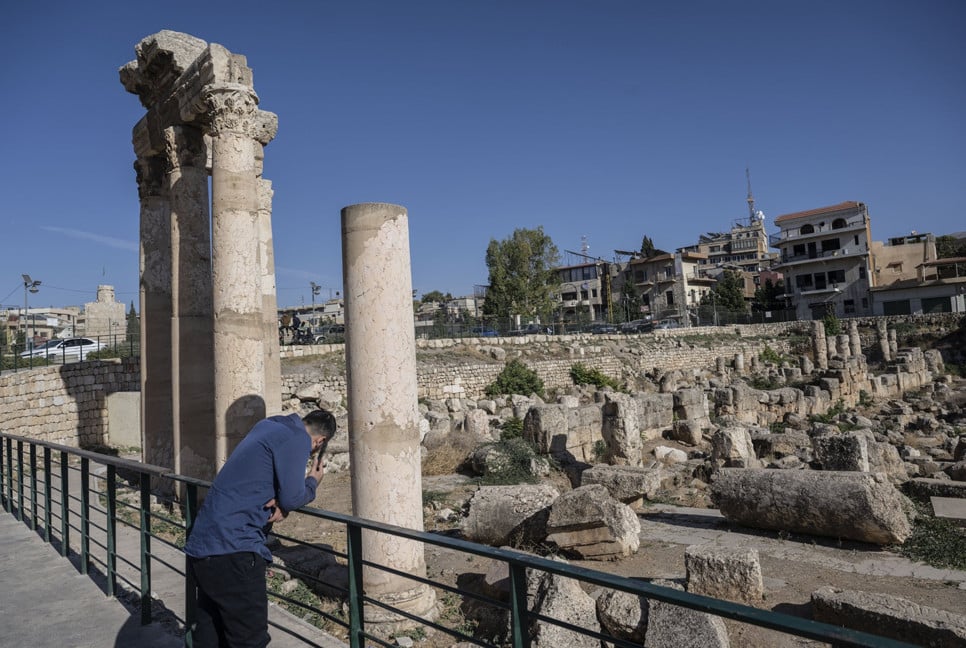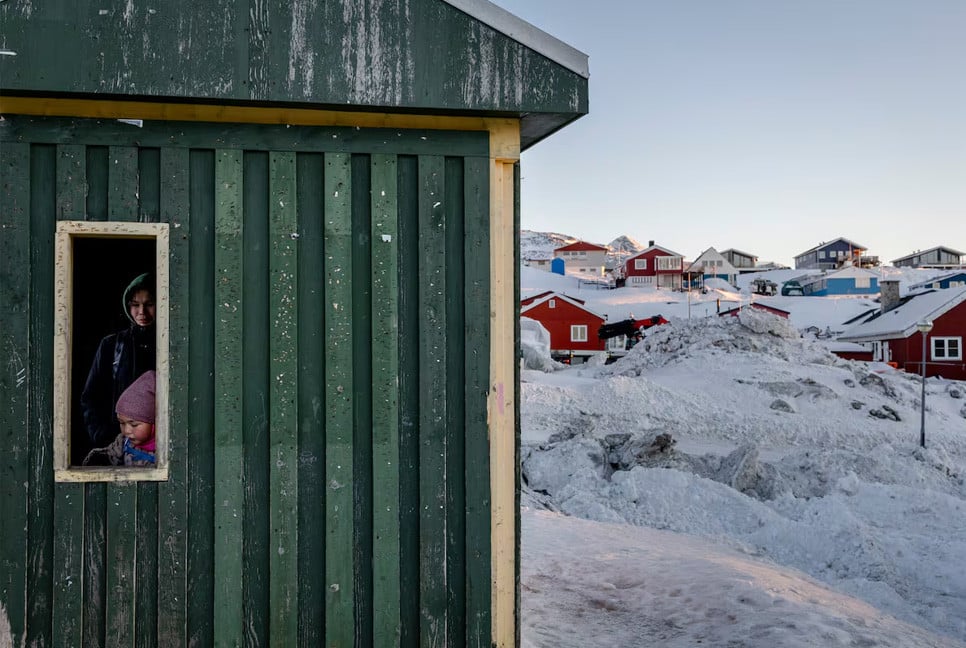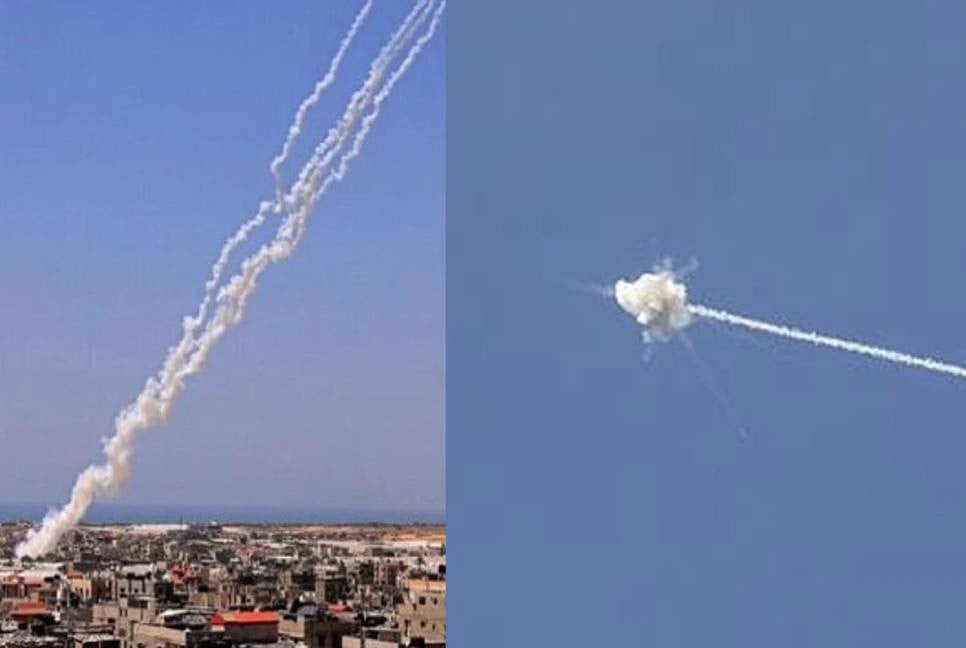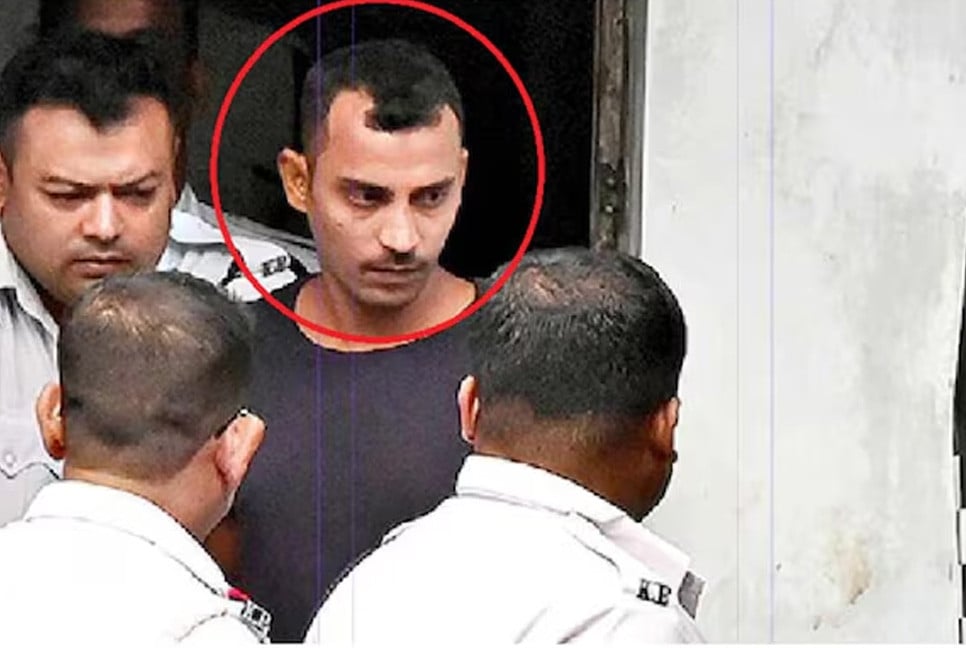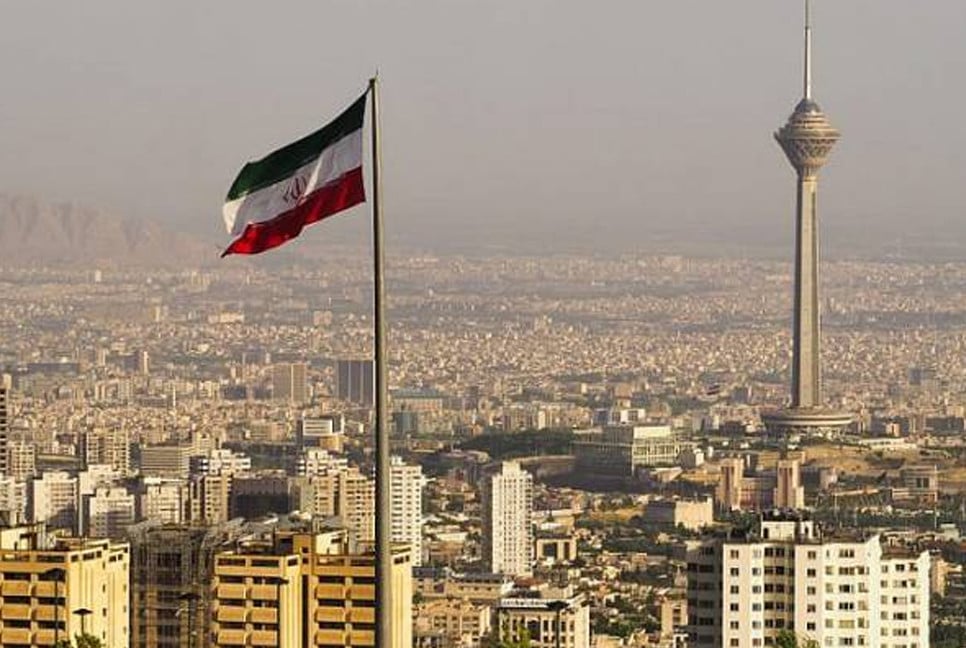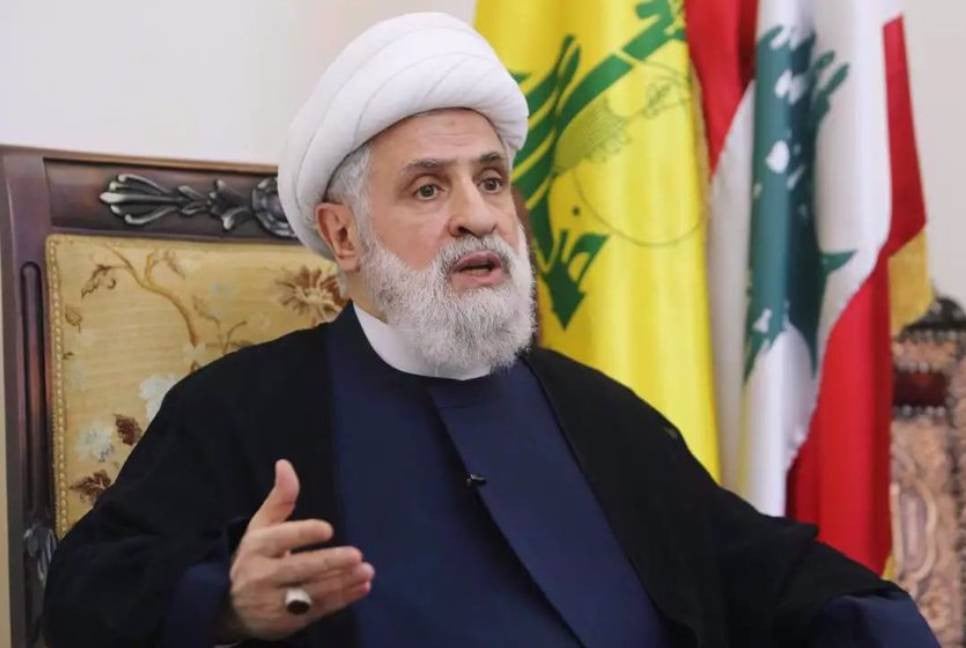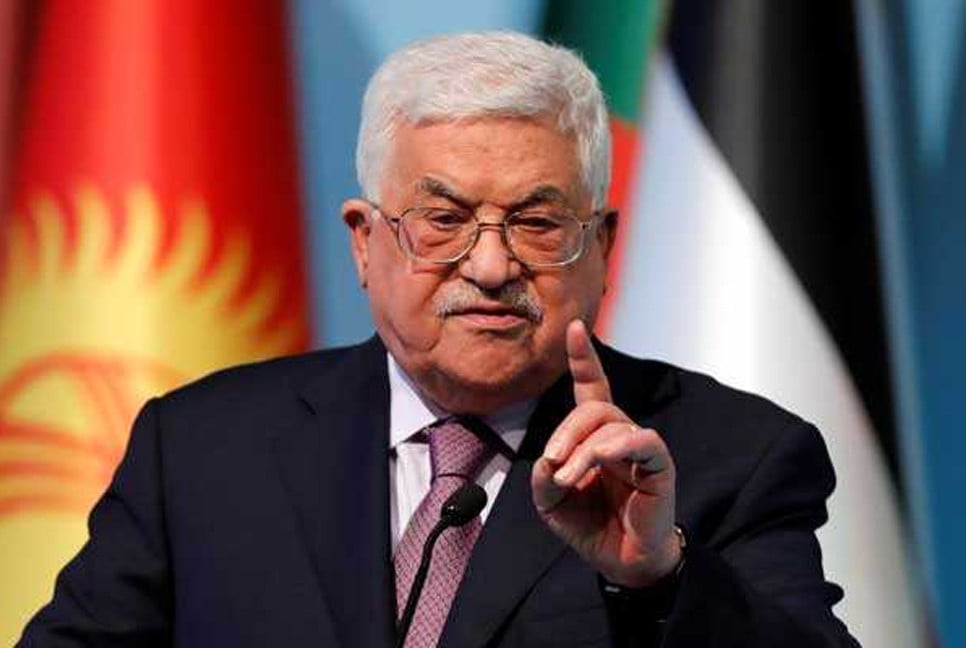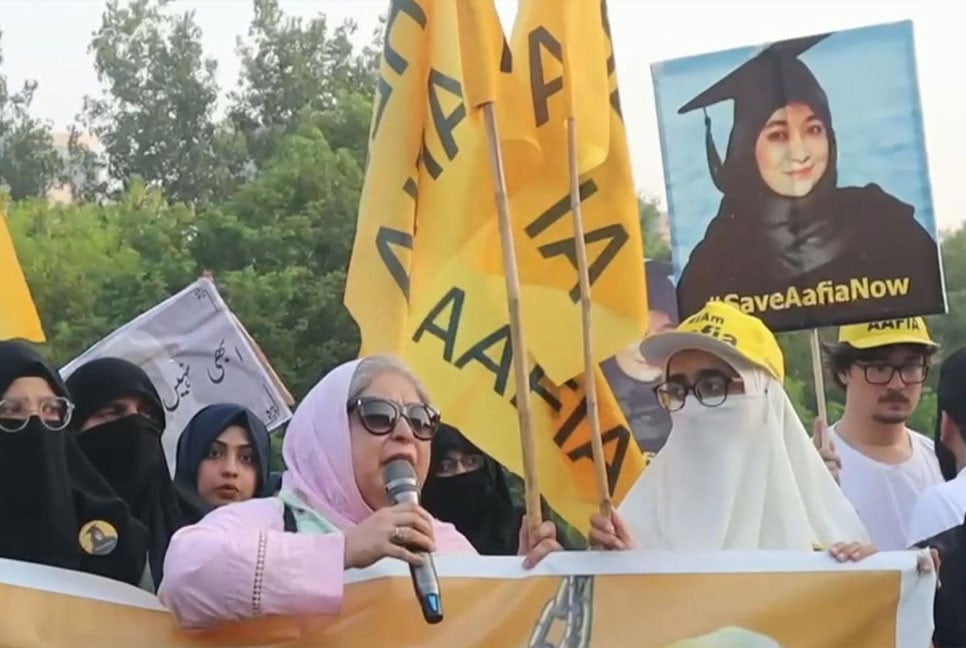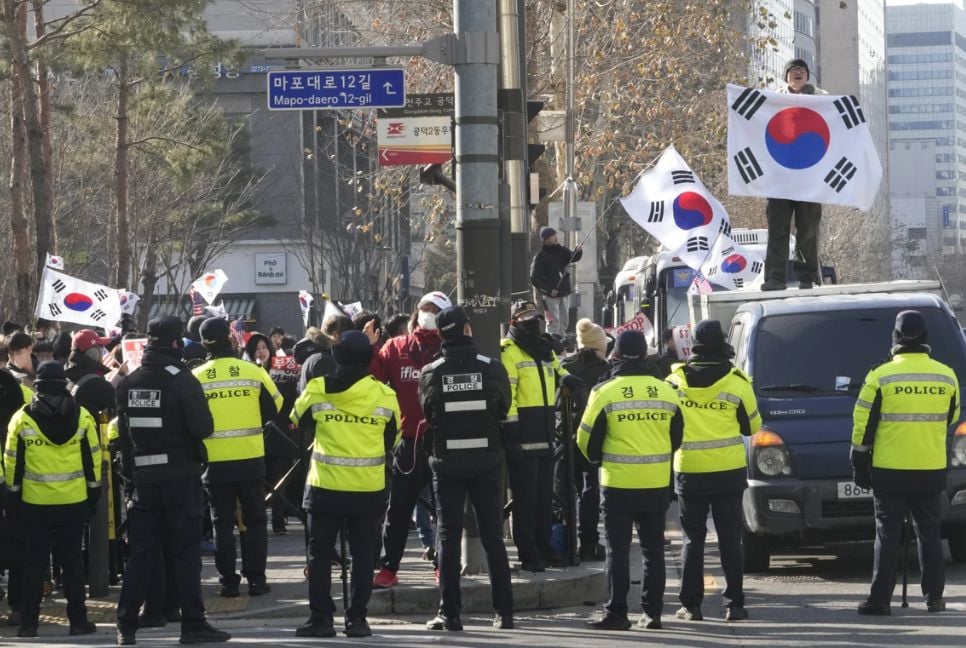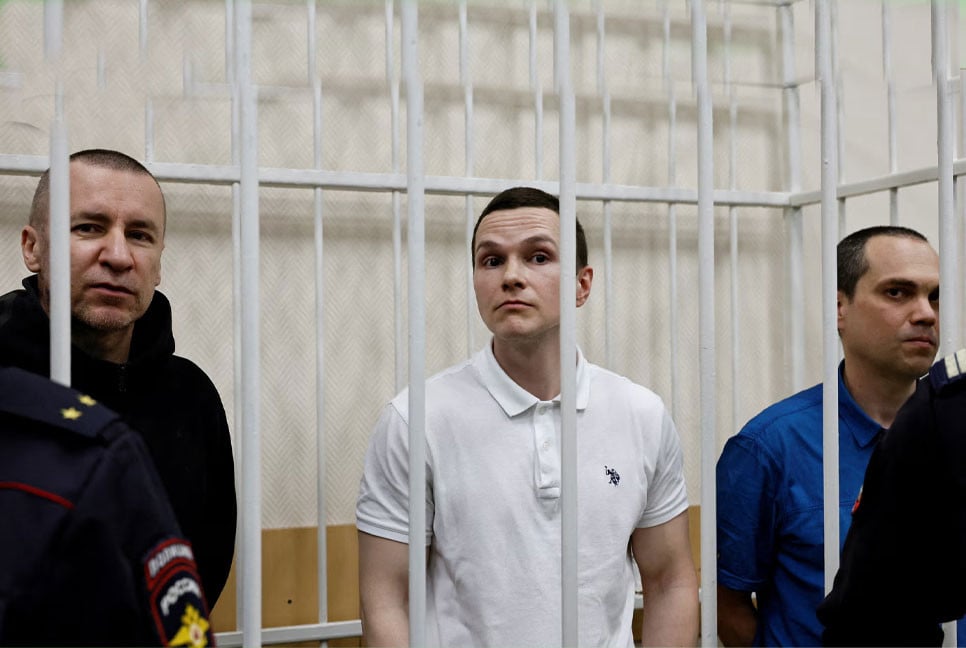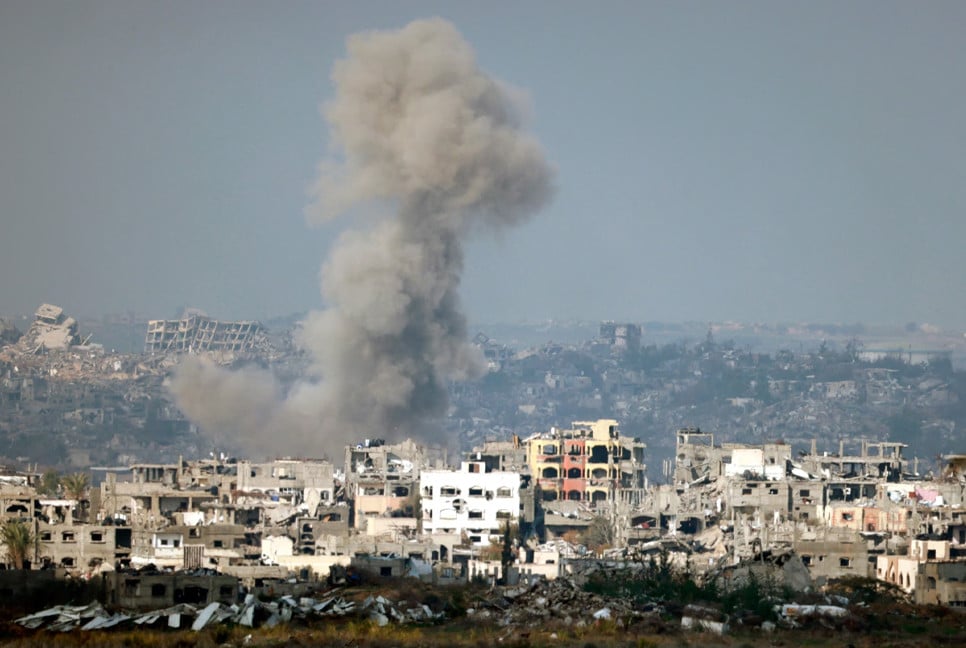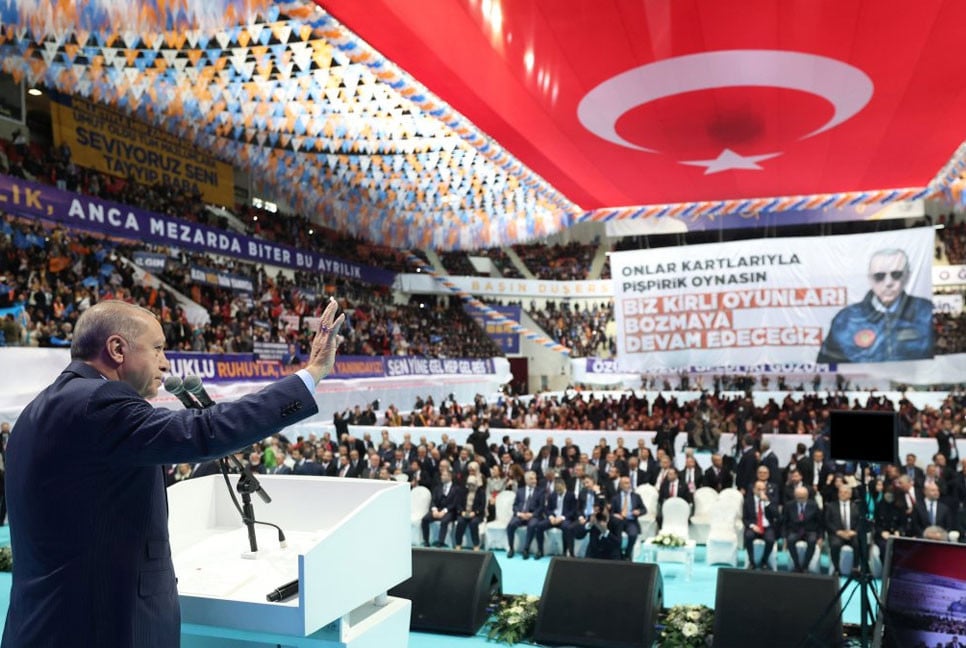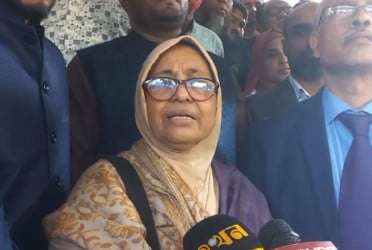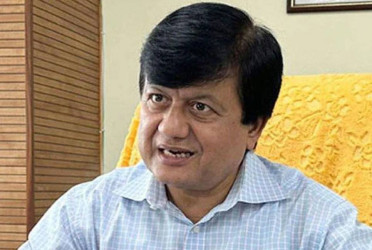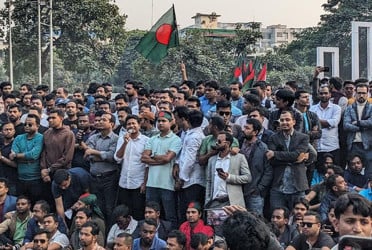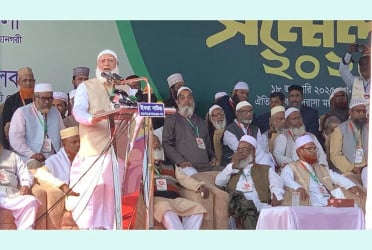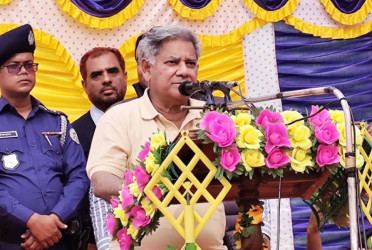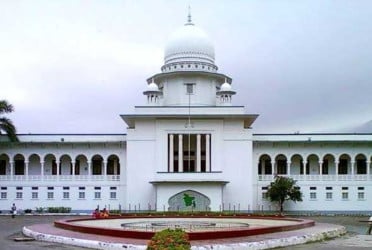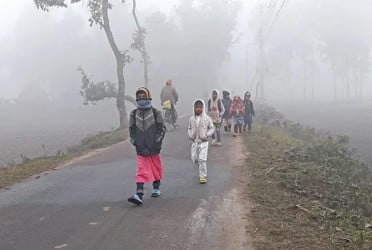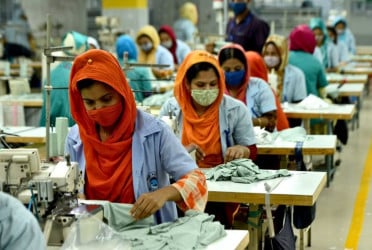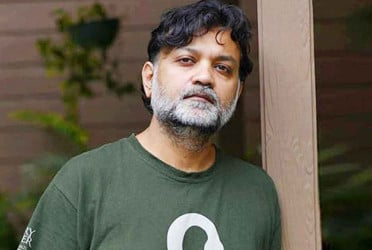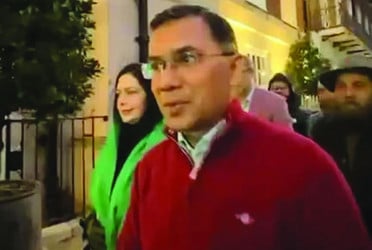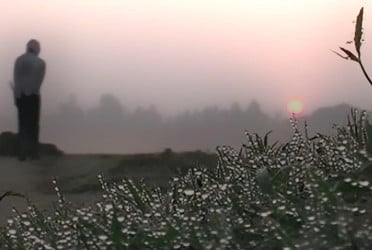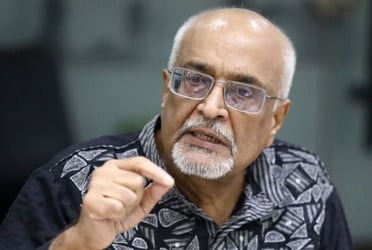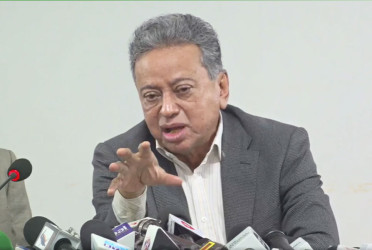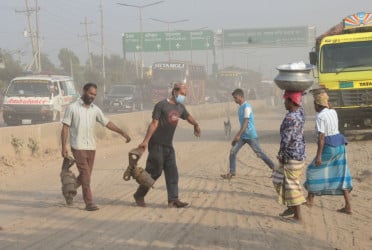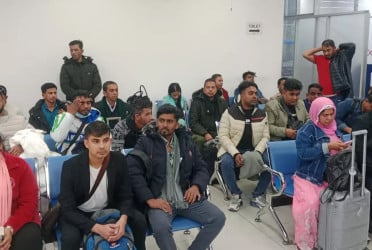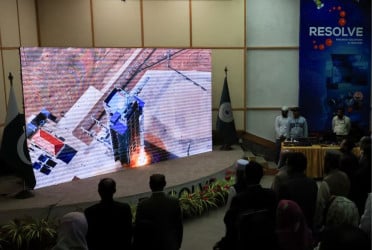Lebanese ministry of health said that the Israeli strike killed 19 people including women and children in eastern city of Baalbek, reports BBC.
Prior to the attack, Israeli military issued an evacuation order that covered the entire city and two neighboring towns, following that thousands of people fled.
The city mayor Mustafa al-Shell told the media that at least 20 barrage of rockets strikes were reported on Wednesday afternoon alone in the Baalbek area.
Israeli attack targets ancient Roman temple complex, which is an UNESCO listed heritage site.
However, Israel denied the allegation, saying, “It had struck Hezbollah command-and-control centres and infrastructure in Baalbek and Nabatiyeh, in southern Lebanon.”
The occupation military also said that it had targeted Hezbollah fuel depots in the Bekaa Valley, where Baalbek is located. But it had not shared any detailed information with the media.
However, the Lebanon’s state media reported that diesel tanks were hit in the town of Douris, where Mr Shell said pictures showed a huge column of black smoke rising into the air.
Baalbek is a key population centre in the Bekaa Valley, near the border with Syria. It is a largely rural area and one of Lebanon’s poorest regions.
Hezbollah has established part of its infrastructure and recruited fighters from there.
The area is also strategically important for Hezbollah, as it is part of a route linking the group to its allies in Syria, Iraq and, Iran.
As Israeli military issued an evacuation order, sparked panic among residents, including displaced families from other parts of the country, said Roula Zeaiter, programme manager for the Lebanese Women Democratic Gathering (RDFL).
"Minutes after the order to leave came, the streets were filled with people grabbing their things, locking their homes and closing their shops,” she told the charity ActionAid.
“We’re scrambling like scared mice, moving from place to place. Lebanon is becoming like Gaza, with Israeli forces using the same tactics.”
Mustafa al-Shell estimated that about 50,000 people fled within two hours, but he added that many others decided to stay behind “for various reasons”.
He said the initial wave of Israeli strikes on Wednesday afternoon hit villas and other residential buildings in Baalbek’s city centre and its outskirts.
“It’s not clear what the Israelis have targeted,” he added. “But I can tell you that there are no ammunition dumps or weapons caches in Baalbek.”
Following the strikes on Baalbek, the Israeli military said it had conducted "intelligence-based strikes on fuel depots located inside military compounds belonging to Hezbollah's Logistical Reinforcement Unit 4400 in the Bekaa Valley". The unit was responsible for transferring weapons from Iran, it added.
A second statement said aircraft had "struck command-and-control centres and terrorist infrastructure" in the Baalbek area.
It also accused Hezbollah of systematically using civilian infrastructure and areas for military activities, which the group has previously denied.
Mr Shell said none of the strikes hit Baalbek’s UNESCOWorld Heritage site, which comprises the ruins of Roman temples which date back to the 1st Century AD and are among the largest and best-preserved in the world.
However, he warned of what he called “Israeli treachery” and said Lebanese authorities were “pleading... for international bodies to stand fast in defence of Baalbek's Roman ruins”.
UNESCO warned in a post on X on Wednesday that featured a photo of the Temple of Jupiter at Baalbek, that World Heritage sites across the Middle East, particularly those in Lebanon, were under threat.
“UNESCO recalls to all parties their obligation to respect and protect the integrity of these sites. They are the heritage of all humanity and should never be targeted,” it said.
On Monday night, several buildings were levelled around the Gouraud Barracks area of Baalbek, near the Roman ruins, during Israeli strikes that killed more than 60 people across the Bekaa Valley.
When asked by reporters in Washington about the Baalbek strikes, US state department spokesman Matthew Miller called on Israel not to threaten the lives of civilians or damage critical civilian infrastructure and cultural heritage.
Bd-Pratidin English/ Afsar Munna

